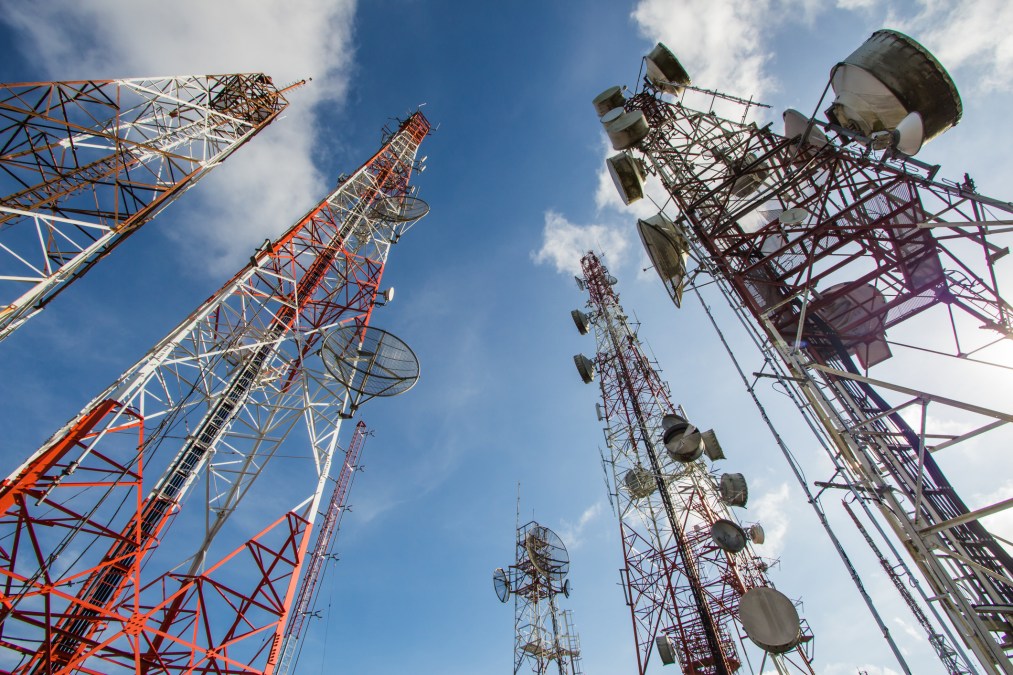General Services Administration still waiting for D.C. Government to confirm its EIS plans

The government of the District of Columbia has yet to tell the General Services Administration whether it intends to continue using expiring network and telecoms services as it transitions to the $50 billion Enterprise Infrastructure Solutions contract.
The local government, along with utility provider DC Water, are the only entities that have yet to say whether they will sign a memorandum of understanding (MoU) to ensure continuity of service. Without an MoU, the two local entities would be responsible for establishing network and telecoms services under EIS or another contract before legacy services are disconnected by May 31, 2023.
The Enterprise Infrastructure Solutions (EIS) procurement has a $50 billion ceiling and was established to provide IT infrastructure solutions to federal agencies.
Following delays in agencies awarding contracts under the solicitation, GSA earlier this year invoked a continuity of service (CoS) clause for three legacy contracts: Networx, Washington Interagency Telecommunications System (WITS) 3 and Local Telecommunications Services. The clause gave agencies until Sept. 30, 2022, to sign an MoU.
Of the 114 agencies with active services on expiring contracts, 112 informed GSA they’ll sign MoUs. To date 54 agencies have signed, but D.C. government and DC Water haven’t even said if they will.
“We are redoubling efforts to reach the remaining two agencies and are sending periodic reminders to all agencies that haven’t yet returned their signed MOUs that they need to do so by 9/30/22,” a GSA spokesperson told FedScoop.
GSA shares the updated list of signees with contractors on the legacy contracts, which will still expire on May 31, 2023, to ensure those agencies won’t experience future service disruptions.
GSA will provide the contractors with a preliminary revision of the Network Authorized Users List this October so they know which agencies can’t use the CoS period starting June 1, 2023.
“This advance notice will allow time for agencies and their contractors to explore options and discuss the best path toward getting the disconnects completed,” the spokesperson said.
Agencies that haven’t signed MOUs are supposed to disconnect 100% of services from expiring contracts by Sept. 30, 2022. As of July 31, 105 out of 222 transitioning agencies met that performance metric, according to the EIS tracking report dashboard.
At the same time, 35 agencies — five of them large and five of them midsize — weren’t even 50% disconnected. The large agencies were the departments of: Commerce, Defense, Energy, the Interior, and Transportation. The midsize agencies were the: National Archives and Records Administration, Office of Personnel Management, Railroad Retirement Board, Small Business Administration, and U.S. Agency for Global Media.
Depending on how an agency is transitioning, disconnects don’t necessarily indicate progress, said Allen Hill, the former deputy assistant commissioner of IT Category, in June. He estimated the average agency would see a 25% cost savings after transitioning to EIS.
A D.C. Water spokesperson said the utility company is in the process of transitioning to EIS and will be fully transitioned by the deadline.
D.C. government did not respond to a request for comment by the time of publication.






